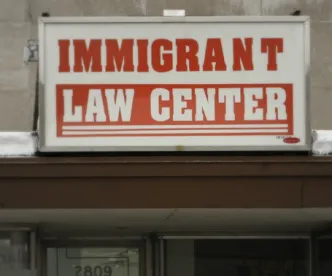The Biden administration is keen on bringing meaningful immigration reforms; an immigration reform bill was introduced on February 18, 2021, Congress. And SESO Labor, a small California startup, has raised $4.5 million to ensure that farms have access to legal migrant farmworkers.
Mike Guirguis, SESO’s founder, raised the amount over the summer from a few investors, including Founders Fund and NFX. Pete Flint, a founder of Trulia, joined the company’s board. SESO has twelve farms and is currently negotiating contracts with another 46.
SESO’s target is to streamline the whole process of acquiring legal farmworkers. Currently, the company charges $1,000 per worker, but eventually, it aims at offering more services to immigrant workers. The company eventually wants to offer integrated services for both farm owners and farmworkers.
H-2A Visa Program and Agricultural Labor
The United States has always faced a severe shortage of domestic workers to work on farms both temporarily and seasonally. Employers often rely on the H-2A program, a temporary employment-based visa, to hire farm workers periodically. Employers must pay inbound and outbound transportation, provide free or rental housing, and provide meals to the workers. Employers can deduct these costs from salaries.
The number of H-2A visas granted for agriculture equipment operators has increased to 10,798 from October through March. The U.S. Department of Labor reported a 49% increase from a year ago.
When more employers use the H-2A visa for their workforce, this will cut down on employers using illegal immigration and ensure a constant flow of workers to the employers. Using a legal immigrant workforce is critical to employers, as they risk being penalized by the Department of Labor if found employing illegal immigrants.
H-2A is one of the coveted visas for immigrant workers, as it gives them a chance to earn ten times more than they would in their home country.
Migrant Farmworkers Are Likely to Be Abused
Unlike the other employment-based visas, H-2A visas do not offer a path to citizenship. Due to the immigrant workers’ dependency on their employers, they are afraid to blow the whistle on labor issues.
“The precarity of a worker’s situation and their dependence on a single employer for their ability to remain in the country legally, means they are less likely to speak up about problems at work, since there’s nowhere for them to go if they are fired,” said Saket Soni, the founder of the nonprofit Resilience Force, a national initiative to transform America’s response to disasters. On its Facebook page, the organization emphasizes that immigrants are essential workers.



 />i
/>i


